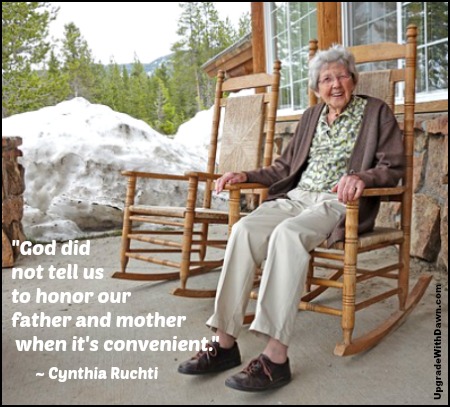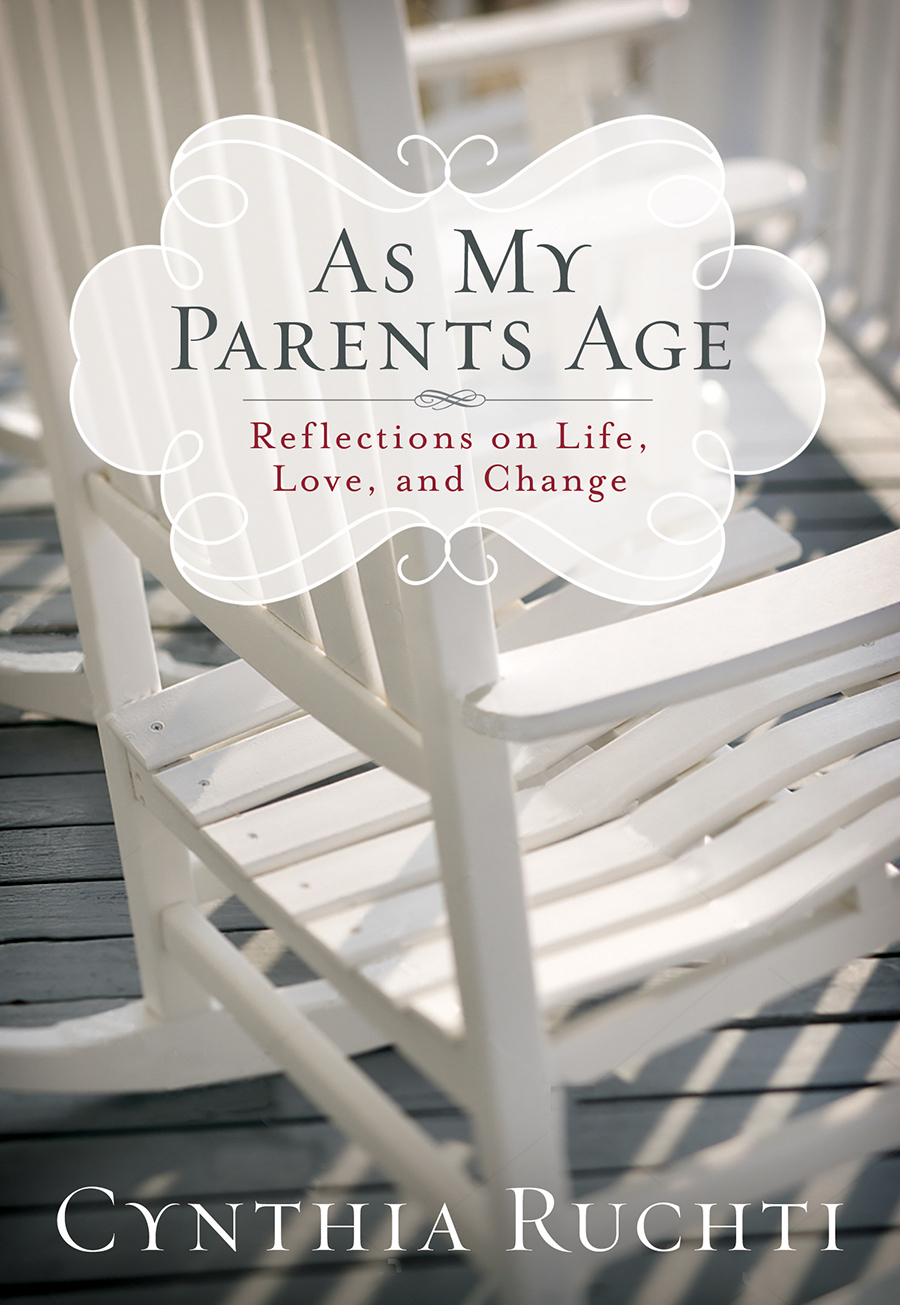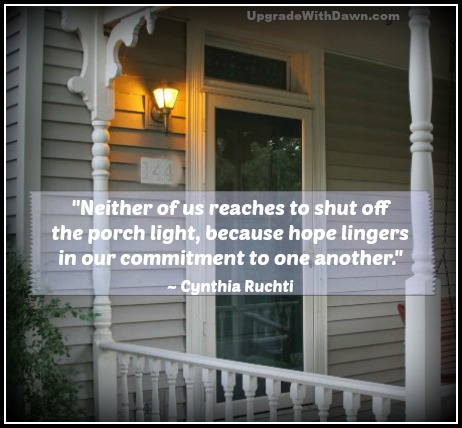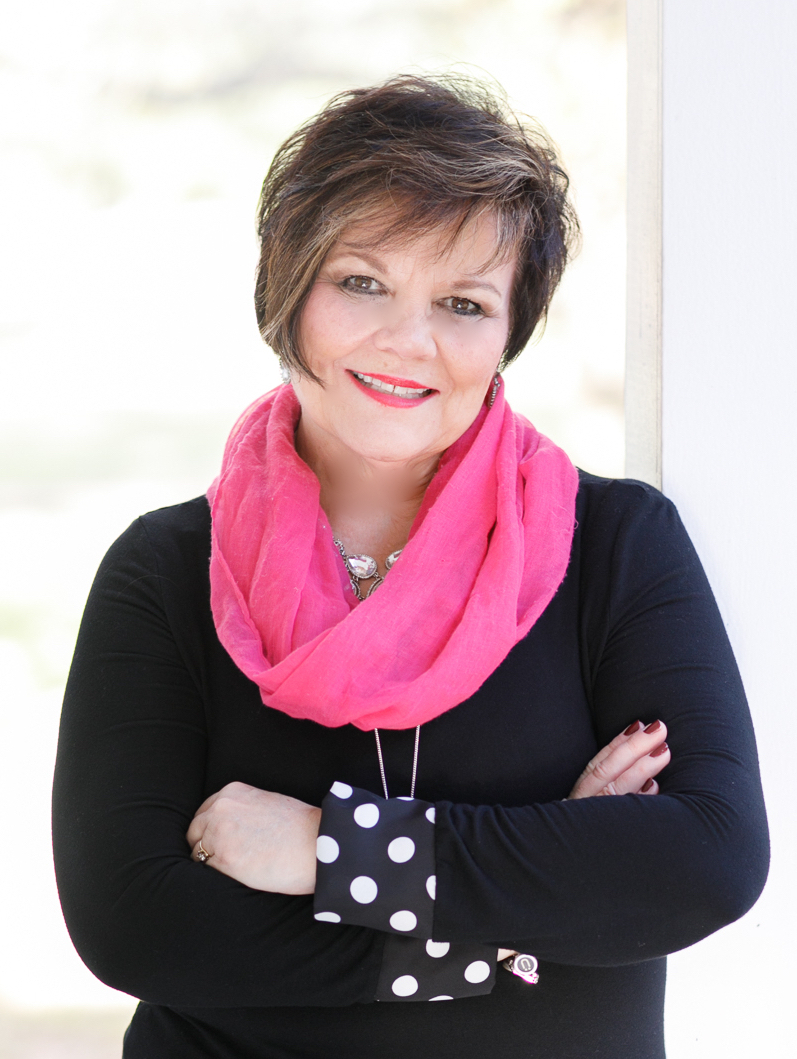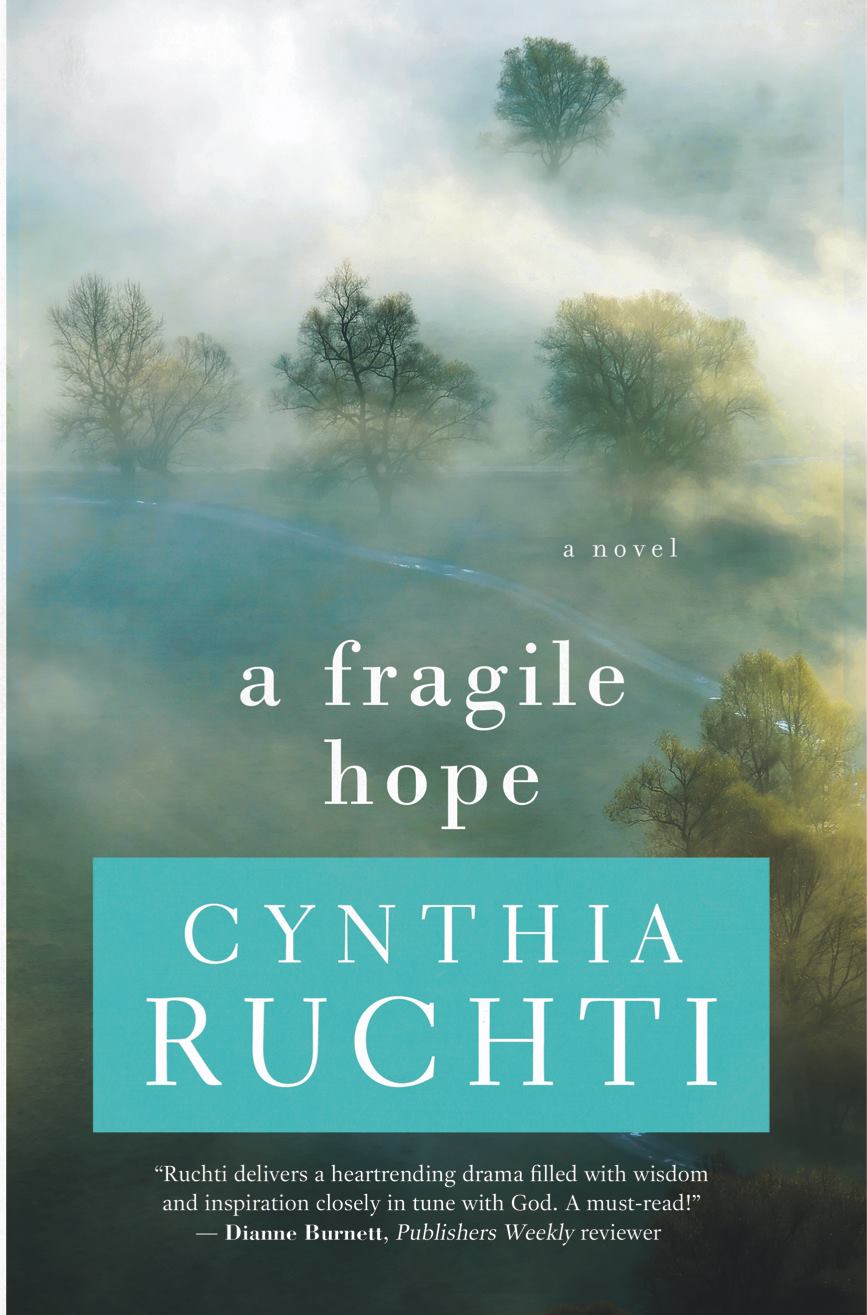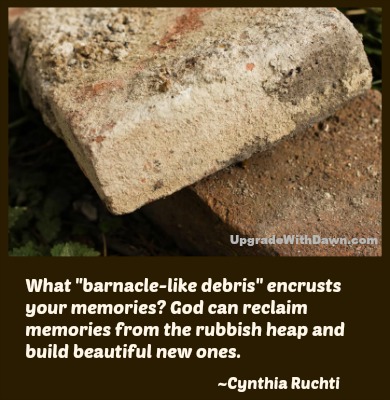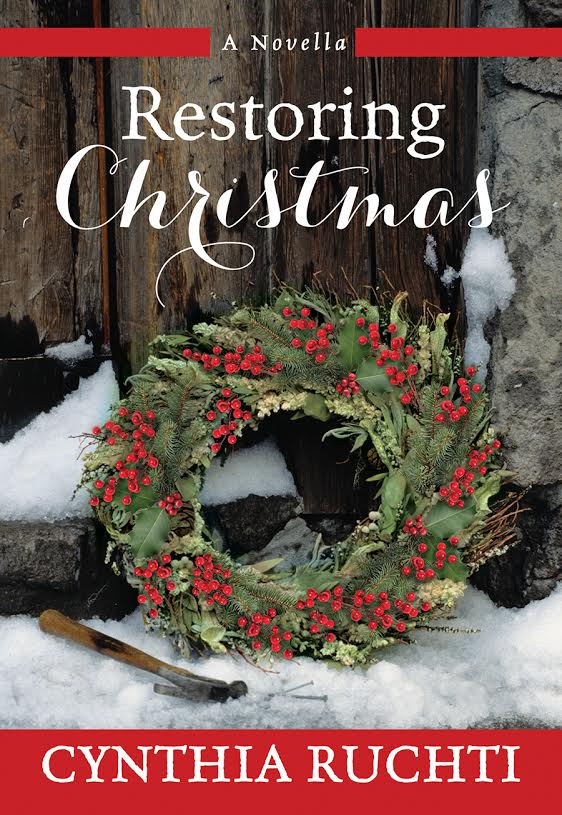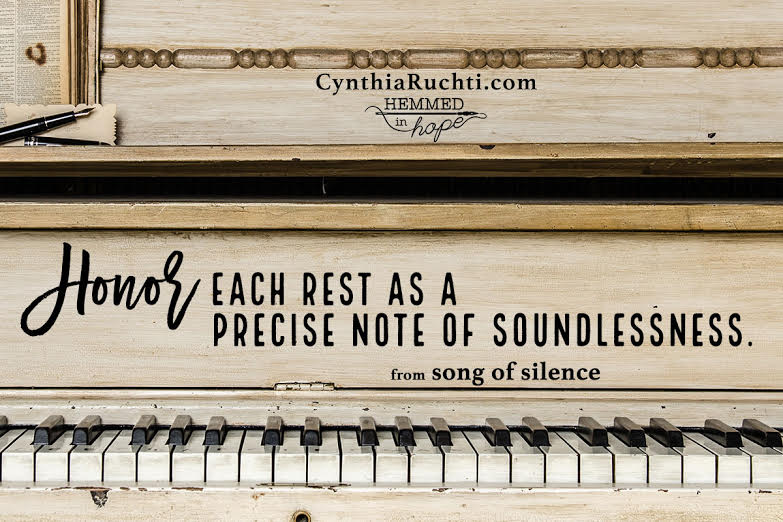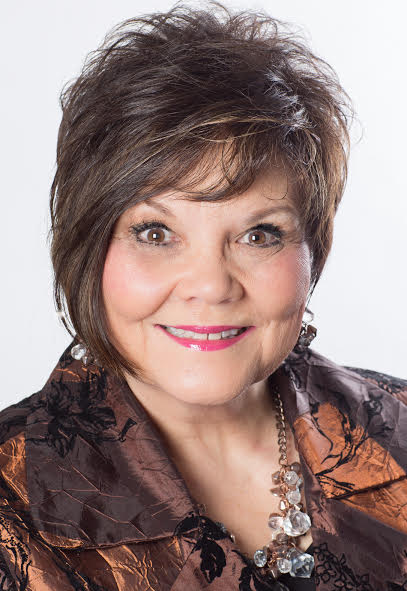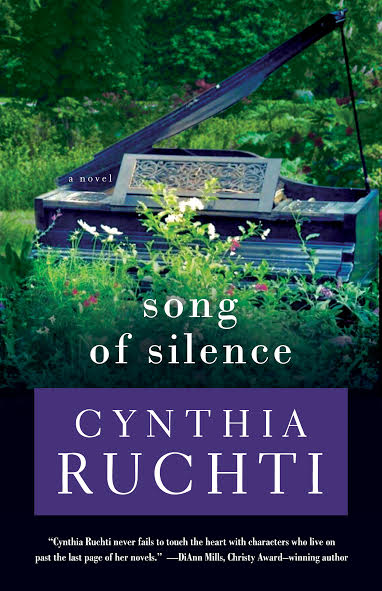Can Differences in Marriages Form Bridges—Not Chasms?
Cynthia Ruchti writes both novels and nonfiction, but she always focuses on weaving truth and humor together to challenge people to more biblical living. In this Marriage UPGRADE, she tackles differences in 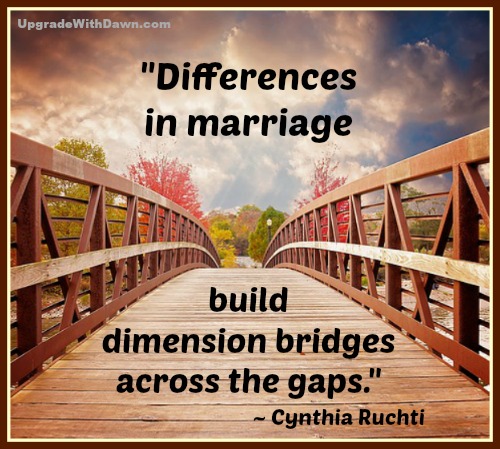 marriage and how they can become a blessing.
marriage and how they can become a blessing.
"The differences between how some marriage partners think must mean they’re not suited for each other," Cynthia says. "Must have missed God’s leading somehow. Marriage is doomed unless the two can start thinking alike, right?"
Oh, I (Dawn) hope not! Seriously, Cynthia understands how so many of our marriages work, and how they can work better!
Cynthia continues . . .
I’ve been that woman—the one wondering how married life can possibly survive much less grow if the husband and wife approach everything—EVERYTHING—from opposing perspectives.
While writing the novel Miles from Where We Started, I didn’t have to look far for research about the widening gap a young couple can feel when they wake up soon after the honeymoon to discover this person they thought their soulmate speaks a different language, cares about different concerns, and is… different.
Not on the same page? He or she isn’t in the same library!
After spending more than four decades married to my opposite, I can predict what my beloved will say before he says it.
Me: Look at that beautiful fireplace.
Him: I wonder how much that thing cost them.
Me: Did you have a good time golfing with Ken?
Him: Yeah.
Me: How’s he handling the news about the lesion near his optic nerve?
Him: We didn’t talk about it.
Me: You didn’t talk about the biggest threat he’s ever faced to his life and his vision? About his pending surgery?
Him: It didn’t come up.
Me: (after a day full of conquering small mountains in my various job assignments) How was work today?
Him: Meh. You know.
I deal in emotional currency.
He deals in checking account balances.
I view life’s experiences through their impact on people.
He views them through their impact on the price of gas.
On every personality test we take—I provide his answers for him, because he doesn’t take personality tests—we score as polar opposites on the charts, graphs, and animal names.
It’s no surprise that God’s artistry didn’t include creating automatons who all function, feel, speak, and process alike. What a wide variety of personality types He made!
When we look at the gifts His Holy Spirit gives so that the body of the church functions well (Romans 12 and I Corinthians 12, among other references), it’s obvious He intended us to approach life from different angles.
We’re not all administrators or helpers or gifted teachers or prophets. But together, we can form a complete picture of the Church.
Why would we assume that wouldn’t be the case in marriage?
What if our differences are bridge-building material rather than distance-making?
How can differences signal pending strength rather than pending doom for a marriage relationship?
Consider these marital points to ponder:
- SOMEBODY has to consider the costs. (If not me, it had better be him.)
- Emotion without stability equals tears and laughter with no place to land. Stability without emotion equals a highway in North Dakota (no interesting or growth-producing hills or curves).
- One angle—even if shared by two people—eliminates the advantage of perspective. It removes dimension. The best brainstorming and problem-solving happens when we take a look at the issue from a variety of angles.
God’s Word says it this way:
“If the whole body were an eye, where would the sense of hearing be? If the whole body were an ear, where would the sense of smell be? But in fact God has placed the parts in the body, every one of them, just as he wanted them to be" (1 Corinthians 12:17-18, NIV).
Same verses—with a few added—but different… uh… perspective:
“I want you to think about how all this makes you more significant, not less. A body isn’t just a single part blown up into something huge. It’s all the different-but-similar parts arranged and functioning together.
"If Foot said, 'I’m not elegant like Hand, embellished with rings; I guess I don’t belong to this body,' would that make it so?
"If Ear said, 'I’m not beautiful like Eye, limpid and expressive; I don’t deserve a place on the head,' would you want to remove it from the body?
"If the body was all eye, how could it hear? If all ear, how could it smell?
"As it is, we see that God has carefully placed each part of the body [or the marriage] right where he wanted it” (1 Corinthians 12:14-18, MSG—bracketed part, my addition).
Differences in marriage build DIMENSION bridges across the gaps.
Is it time to stop fussing about differences of opinion and use them as planks to build a dimension bridge?
 Cynthia Ruchti tells stories hemmed-in-Hope through novels, nonfiction, devotionals, and speaking events for women and writers. She’s the author of more than 25 books, including the recently-released
Cynthia Ruchti tells stories hemmed-in-Hope through novels, nonfiction, devotionals, and speaking events for women and writers. She’s the author of more than 25 books, including the recently-released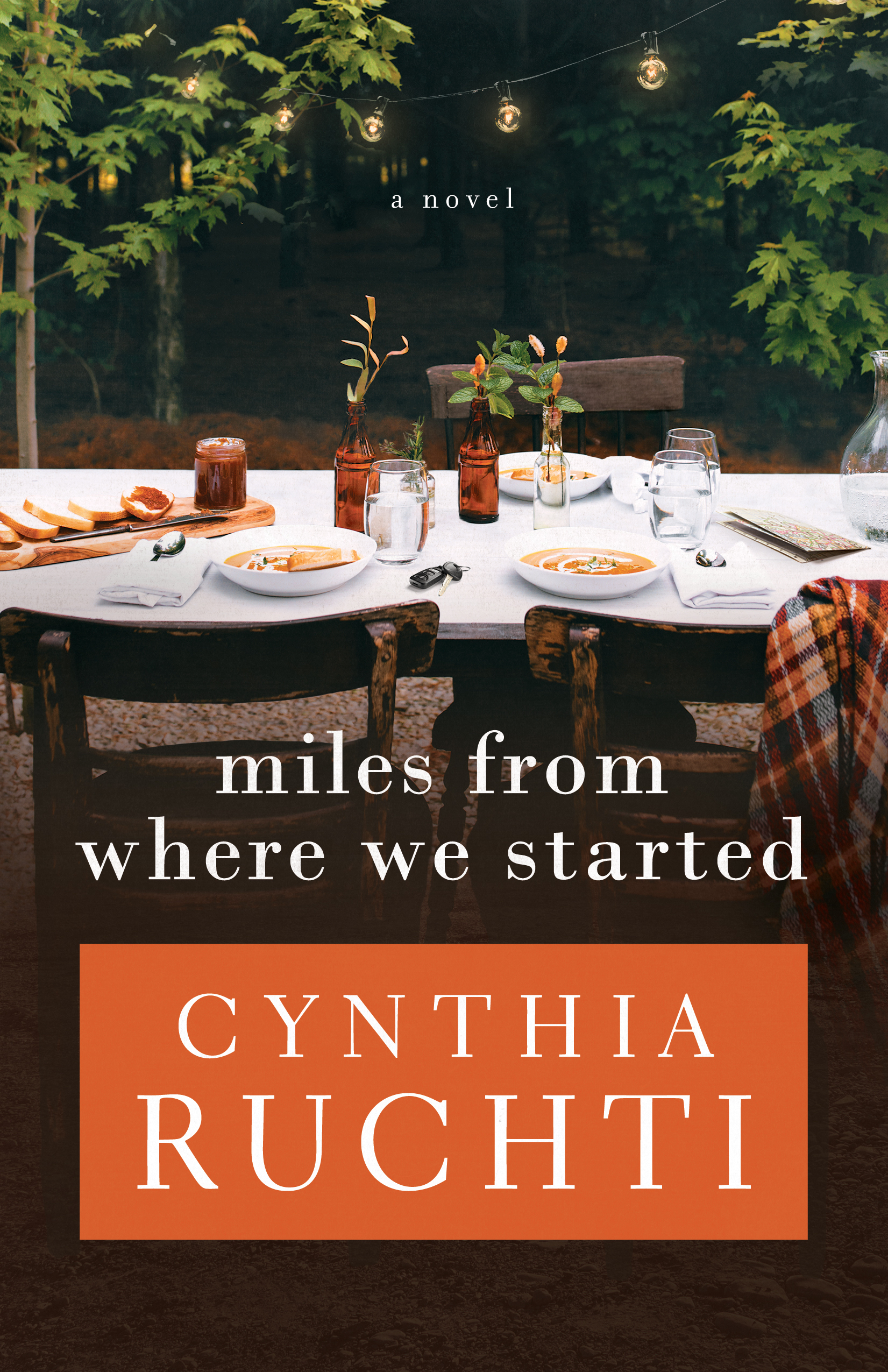 novel—Miles from Where We Started.
novel—Miles from Where We Started.
Graphic adapted, courtesy of Eusodroff at Pixabay.
 Post a Comment → Posted on
Post a Comment → Posted on  Thursday, October 11, 2018 at 8:01AM
Thursday, October 11, 2018 at 8:01AM  Build Bridges in Marriage,
Build Bridges in Marriage,  Cynthia Ruchti,
Cynthia Ruchti,  Differences in Marriage,
Differences in Marriage,  Marriage,
Marriage,  Miles from Where We Started,
Miles from Where We Started,  Spiritual Gifts,
Spiritual Gifts,  Upgrade with Dawn Upgrade Your Life
Upgrade with Dawn Upgrade Your Life  Marriage,
Marriage,  Relationships
Relationships 




